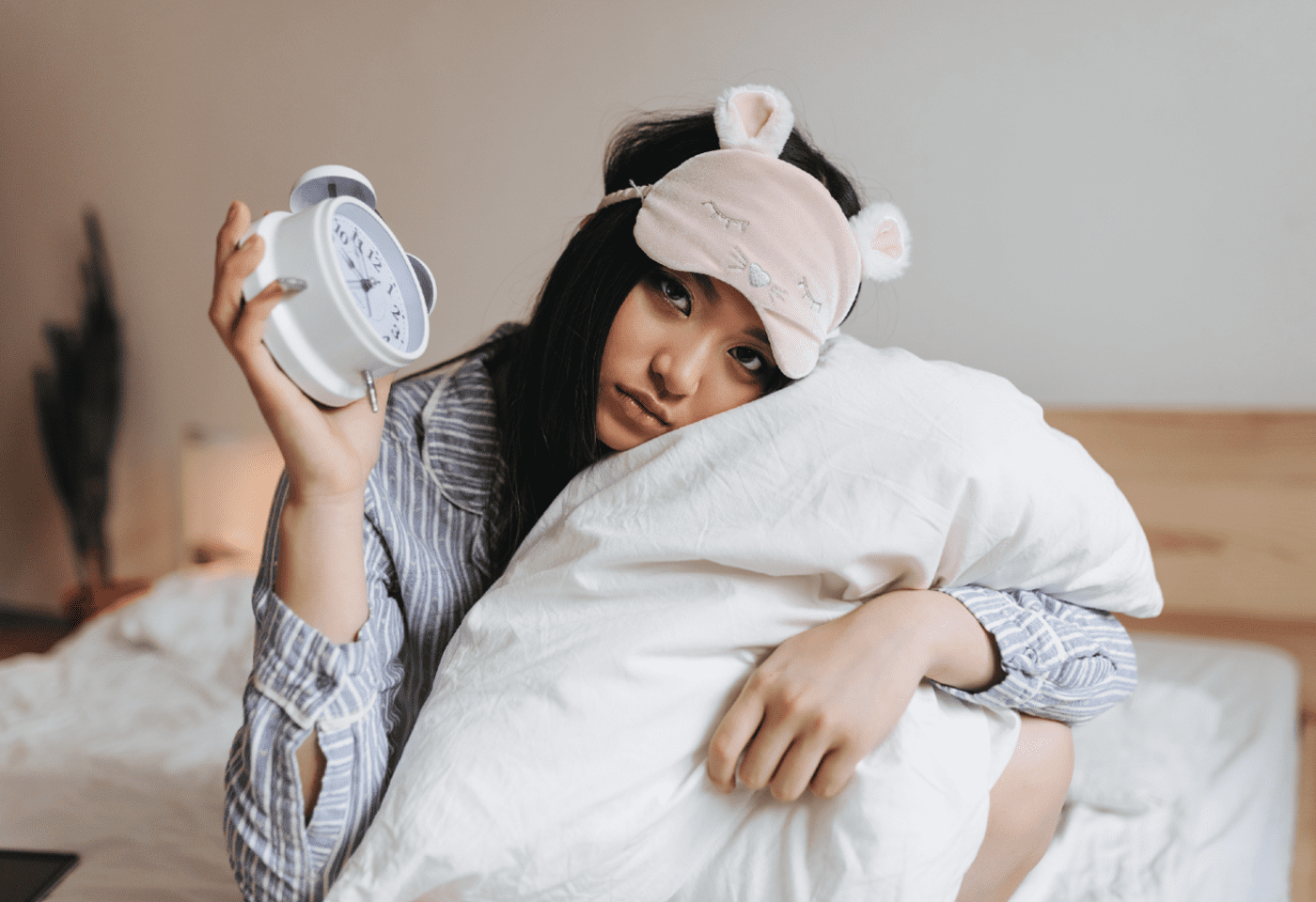Circadian Rhythm Sleep Wake Disorder
Have you ever found it nearly impossible to fall asleep at night, only to feel incredibly sleepy when morning comes? If so, you might be experiencing a common sleep disorder known as Circadian Rhythm Sleep-Wake Syndrome (CRSWD). This article aims to help you understand what CRSWD is, why it occurs, and how it can affect your daily life.
What is Circadian Rhythm?
Before diving into the syndrome, let's clarify what a circadian rhythm is. Your body operates on a 24-hour internal clock known as the circadian rhythm. This internal clock controls various bodily functions, including your sleep-wake cycle, body temperature, and hormone release. Your circadian rhythm is primarily influenced by environmental cues, such as light and darkness.
What is Circadian Rhythm Sleep-Wake Disorder (CRSWD)?
CRSWD, also called Delayed Sleep Phase Syndrome (DSPS), is a circadian rhythm sleep disorder. In simple terms, it means your internal body clock is not in sync with the usual daily schedule. People with CRSWD find it challenging to fall asleep at the "right" time (usually late at night) and struggle to wake up in the morning.
Key Features of CRSWD
Delayed Sleep Phase:
Individuals with CRSWD often have trouble falling asleep until the early morning hours, which can lead to insufficient sleep.
Regular Sleep Pattern:
Once they do fall asleep, they tend to follow a regular sleep pattern. This means that if they consistently go to bed late, they will continue to do so over time.
Difficulty Adapting:
They have difficulty adapting to conventional schedules, like a 9-to-5 workday. This can result in daytime sleepiness, poor productivity, and social or work-related challenges.
Evening Preference:
People with CRSWD tend to feel more alert and awake in the late evening and night-time. This can lead to being more active and productive during these hours.
The Impact on Daily Life
CRSWD can significantly impact daily life. For example, if your natural sleep pattern is delayed, it can make it tough to wake up for school or work in the morning. You might feel sleepy and fatigued during the day, affecting your performance and mood. Social engagements and relationships can also be affected because your preferred awake hours may differ from those of your friends and family.
Causes of CRSWD
The exact cause of CRSWD is not always clear, but it can be influenced by a combination of genetic, environmental, and lifestyle factors. For some, it may begin during adolescence and persist into adulthood.
Managing CRSWD
While there is no one-size-fits-all solution, several strategies can help manage CRSWD:
Light Therapy:
Exposing yourself to bright light in the morning can help shift your circadian rhythm earlier.
Melatonin Supplements:
Melatonin is a hormone that regulates sleep-wake cycles. Taking melatonin supplements in the evening can sometimes help reset your body clock.
Behavioral Interventions:
Gradually adjusting your bedtime and wake time can help in adapting to a more conventional schedule.
Consult a Specialist
If you suspect you have CRSWD, it's essential to consult a healthcare professional, particularly a sleep specialist. They can provide a personalized evaluation and develop a tailored treatment plan to help you manage your condition effectively.
Conclusion
Circadian Rhythm Sleep-Wake Syndrome can disrupt your sleep-wake cycle and daily life, but with the right strategies and professional guidance, it can be managed. Understanding your body's internal clock and seeking help when needed is the first step towards a healthier sleep routine and a better quality of life.
Can melatonin help?
Yes. Melatonin, a hormone secreted in the body helps in regulating the internal clock of the body that indicates that it’s time to sleep. Melatonin works best during the night, when it is dark, andgives a signals the brain that it is time to sleep. This melatonin secretion is affected by a number of reasons like old age, long exposure to lights, depression, sleeplessness, and more.
Taking melatonin externally via supplements can prove useful in replenishing the body with the required amount of melatonin to induce sleep.
AFD Pharma’s Fastnap is a natural sleep aid that helps in achieving deep and peaceful sleep.
Fastnap Melatonin Oral spray is a natural sleep supplement that helps in rectifying the sleep cycle. It is very effective for inducing deep sleep, decreasing the sleep latency time, providing a relaxing sensation to the mind, and helping in waking up refreshed and energetic.
People suffering from certain sleeping disorders like Insomnia and jet lag can especially benefit from Fastnap as it improves the overall quality of sleep. It is non-addictive and does not have any withdrawal symptoms.
